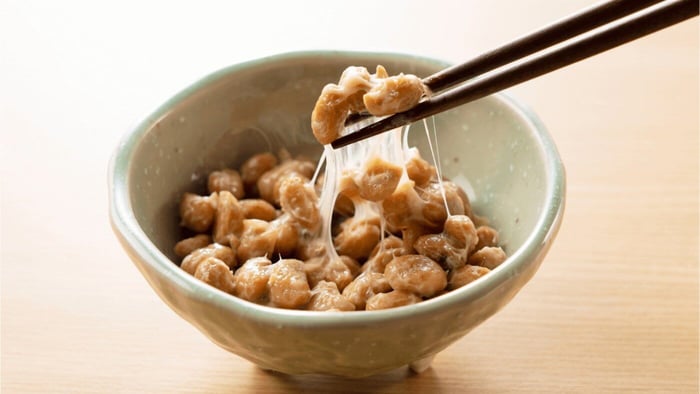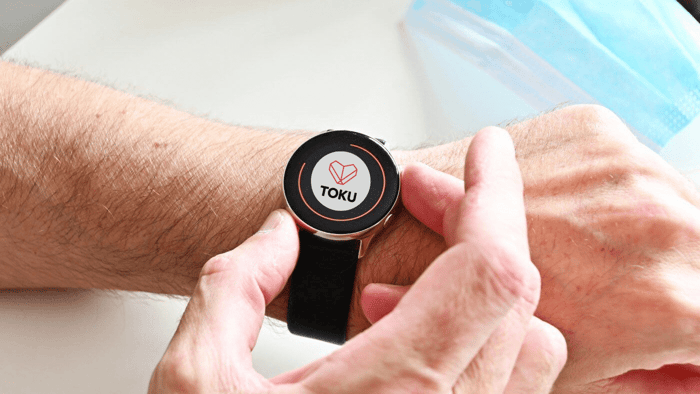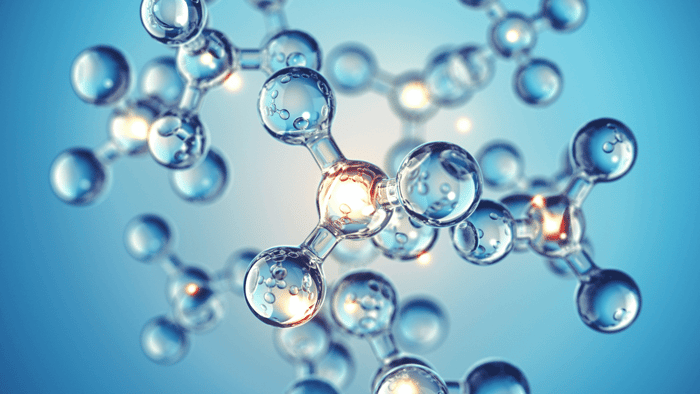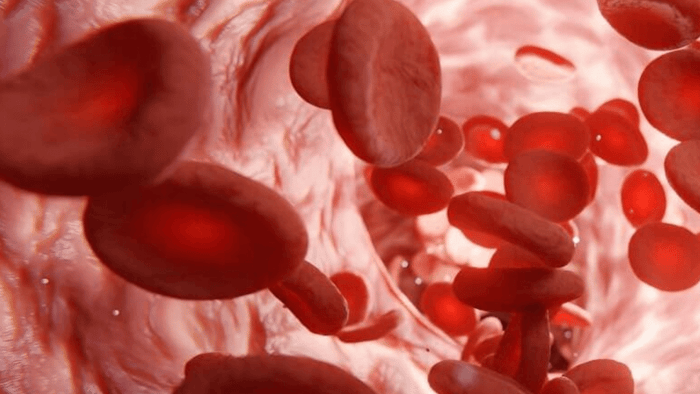Table of Contents
Potential Nattokinase Dangers and Benefits
Nattokinase is derived from natto—a sticky, fermented soybean dish that's a staple in Japanese cuisine—this enzyme is hailed by some as a miracle for heart health. Like many trendy remedies, it is not without controversy. If you are considering nattokinase for its heart health benefits, it is crucial to weigh the hype against the potential nattokinase dangers. In this post, we'll dive into what nattokinase is, its touted benefits backed by science, and the potential risks. Remember, this is not medical advice, always speak with your doctor before starting any supplement.
What Is Nattokinase?
Nattokinase is a serine protease enzyme produced by the bacterium Bacillus subtilis during the fermentation of soybeans to make natto. Discovered in the 1980s by Japanese researcher Hiroyuki Sumi, it has gained popularity in supplement form for its fibrinolytic (blood clot-dissolving) properties. .
Unlike prescription blood thinners, it is easy to acquire a nattokinase supplement to attain the many benefits of nattokinase.
Proponents claim nattokinase mimics the body's natural clot dissolving properties like plasmin, potentially offering a gentler alternative for cardiovascular support.
While natto has been eaten for over a thousand years in Asia, isolated nattokinase supplements are not as rigorously tested. The U.S. Food and Drug Administration (FDA) classifies it as a dietary supplement, meaning it's not subject to the same pre-market safety reviews as pharmaceutical drugs. That lack of oversight raises questions about purity, potency, and long-term effects.
Potential Benefits of Nattokinase
Emerging research suggests nattokinase could play a role in cardiovascular wellness:
1. Blood Clot Prevention and ThrombolysisNattokinase shines in lab and early human trials for breaking down fibrin, the protein mesh that forms blood clots. A single oral dose has been shown to enhance fibrinolysis (clot dissolution) for up to eight hours, outperforming some traditional enzymes.
2. Blood Pressure ReductionHypertension affects millions, and nattokinase may offer modest help. In a randomized trial of 86 people with high blood pressure, 100 mg daily for eight weeks lowered systolic and diastolic readings more than placebo .
A meta-analysis of six studies (546 participants) confirmed small but significant drops in blood pressure, particularly at higher doses. Animal studies echo this, showing nattokinase relaxes blood vessels
3. Other Emerging Benefits:
- Cholesterol Management: Some trials link it to lower LDL ("bad") cholesterol and triglycerides, especially when paired with red yeast rice. However, results are mixed for standalone use.
- Brain Health: Preliminary lab work hints at breaking down amyloid plaques linked to Alzheimer's, but human evidence is scant.
- Anti-Inflammatory Effects: It may curb inflammation in conditions like IBD, per cell studies.
Overall, a 2018 review called it a "promising alternative" for cardiovascular disease prevention, thanks to its antithrombotic and hypotensive actions. Experts stress: More large-scale, long-term human trials are needed.
Toku Flow is a daily supplement from Toku Health with 10,800 FU for natural, multi-functional cardiovascular support. It combines nattokinase with vitamin K2 and beta-glucan to support balanced cholesterol, optimal blood pressure, and more without the side effects of pharmaceuticals.
Potential Side Effects of NattokinaseWhat about nattokinase dangers? While generally well-tolerated at recommended doses (up to 540 mg daily for a year in one Chinese study with no major issues), its blood-thinning properties does present trade-offs. Here is what some research has revealed:
1. Heightened Bleeding RiskNattokinase slows clotting by degrading fibrin. When stacked with blood thinners like warfarin, aspirin, or heparin, it can amplify effects, leading to excessive bruising, nosebleeds, or worse
2. Blood Pressure PlungeThat hypotensive benefit? It can overshoot into hypotension (dangerously low blood pressure), causing dizziness, fainting, or falls—particularly in older adults or those on blood pressure meds
3. Allergic Reactions and Other Side EffectsThough rare, soy allergies could trigger hives, swelling, or anaphylaxis since most nattokinase is soy-derived. Our nattokinase supplements are derived from fermented chickpeas.
4. Contraindications: Who Should Steer Clear?
- Pregnant or Breastfeeding Folks: Insufficient safety data; stick to food sources if at all.
- Bleeding Disorders: It exacerbates conditions like hemophilia
- Pre/Post-Surgery: Stop at least two weeks before to avoid operative bleeding.
- On Anticoagulants/Antiplatelets: Major interaction risk, monitor closely
Navigating Nattokinase Dangers: Safe Use Tips
If you are concerned, start low (100 mg/day) and monitor for bruising or dizziness. Track blood pressure and get regular labs if on meds.
The Bottom Line
Nattokinase holds promise for heart health and help, helping blood clots, and improving circulation. Nattokinase and nattokinase supplements can be especially helpful for individuals seeking proactive nutritional support for cardiovascular wellness.
Toku Flow | Nattokinase Supplement (10,800 FU)

$179.97
High-Potency Nattokinase Supplement for Cardiovascular Health & CirculationToku Flow delivers 10,800 FU of clinical-grade nattokinase per daily sachet, paired with Vitamin K2 (MK-7) and oat beta-glucan for comprehensive cardiovascular support. Sourced from chickpea fermentation (soy-free), third-party tested, no fillers.… read more
Read Next:
Signs You May Be Experiencing Poor Circulation
Nattokinase: Its Role In Heart Health + How to Use It
Sources
Nattokinase: An Oral Antithrombotic Agent for the Prevention of Cardiovascular Disease
A single-dose of oral nattokinase potentiates thrombolysis and anti-coagulation profiles
Effects of nattokinase on blood pressure: a randomized, controlled trial




